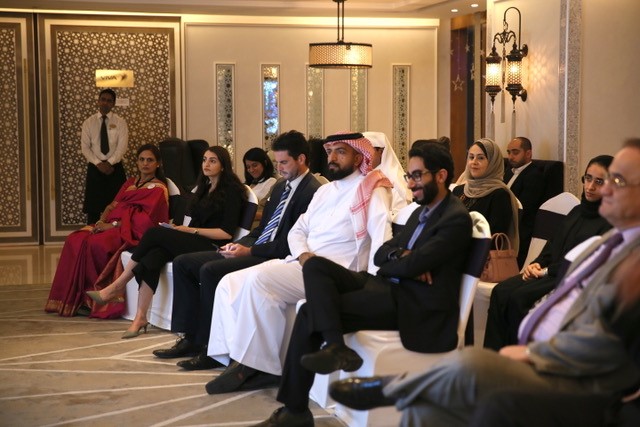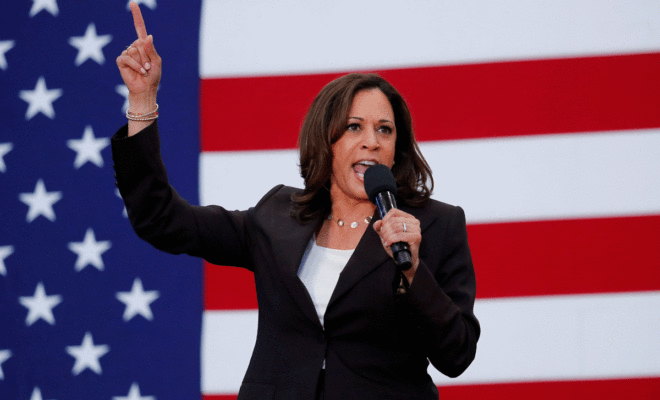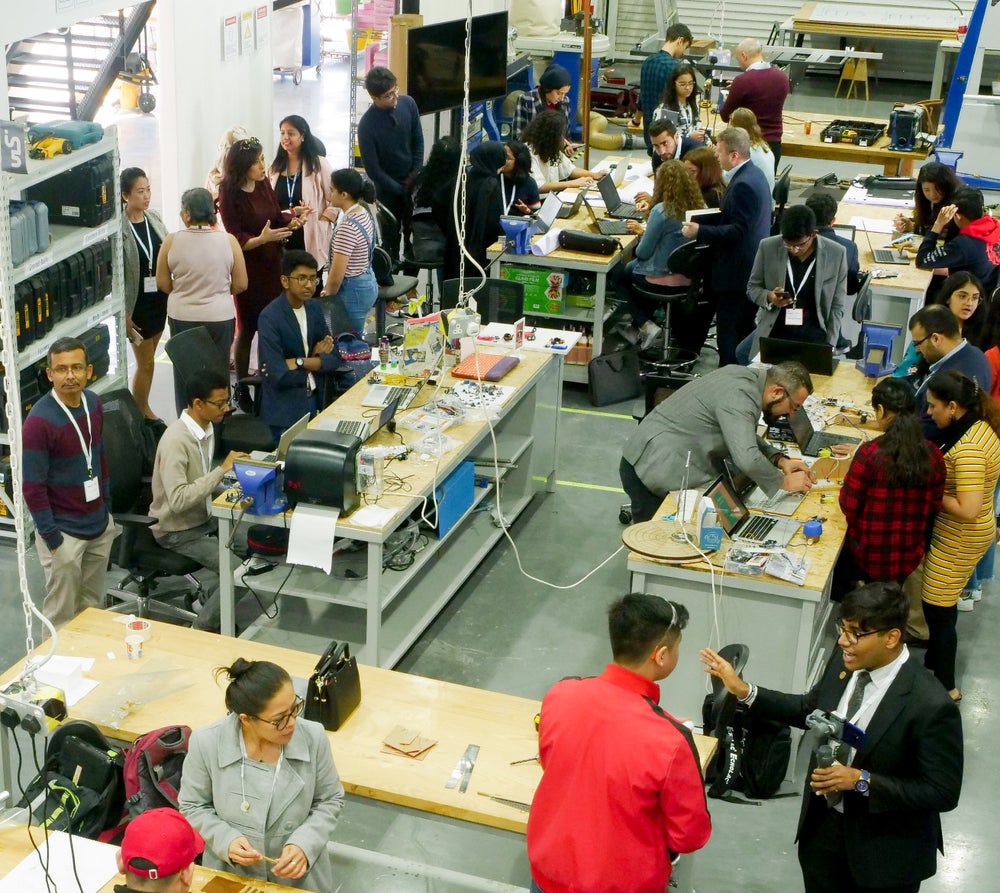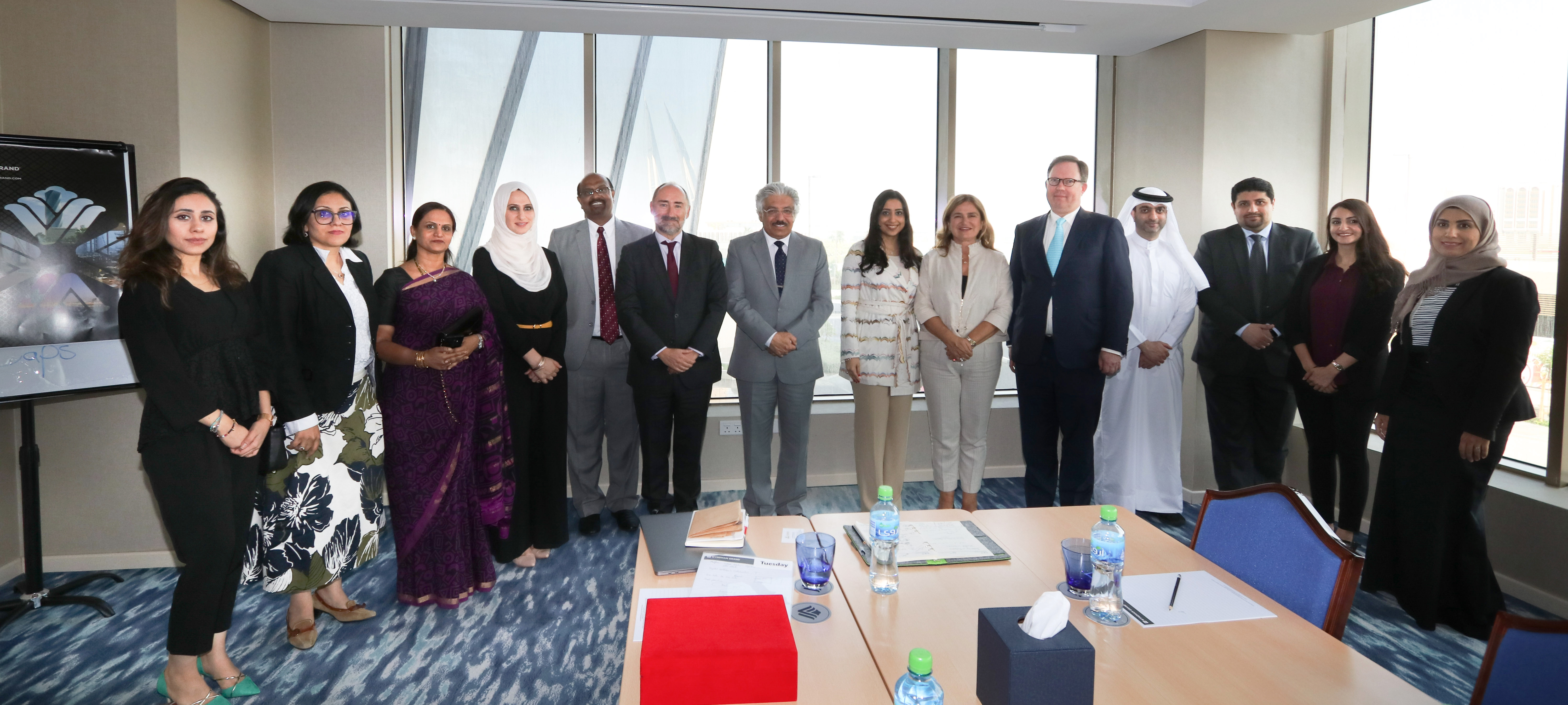Empowering The Next Generation Global Workforce

Rightly said by Lynn Chouman, Editor at LinkedIn News, the seven bold actions mentioned by Gassan Al-Kibsi are a game-changer to help our youth beat the odds. According to McKinsey & Co, these strategies will allow the Middle East and North Africa regions to double their GDP by 2040 and create 100 million jobs.
-
Upskilling existing workforce and developing global talent
-
By 2030, a higher share of the workforce will require university degrees and more job-specific skills and certifications. Like many countries, the MENA region could adopt an approach where employees achieve credits to use at work with authorized education providers.
-
Authorize professional learning centers. Over the next two decades, around 127 million young people are expected to enter the region’s labor force. Moreover, the emergence of new technologies will change the skill sets needed to succeed at work.
-
Increasing early childhood education and actively contribute to nurturing a child’s cognitive abilities, which later in life will serve for their long-term economic future.
-
Creating the right business environment to grow through reducing trade barriers and allowing smooth capital-labor movements.
-
Simultaneously, introduce free movement of services to GAFTA, guaranteeing business mobility.
-
Reconsider strict rules on the inter-regional movement of capital. The average MENA country ranks 80th in the easy global access to the capital scenario.
-
Incubating the best environments for entrepreneurship and promote increased access to startup capital.
MENA is a region with significant promise, core to which is its vibrant and youthful population. If aligned perfectly, these reforms could fire up the economic output. Unlocking the true potential of the region’s youth could prove to yield better and substantial results. Overall, it’s a win-win concept, Mr.Gassan has come up with, hopefully creating more optimism about what lies ahead.
Sources:













